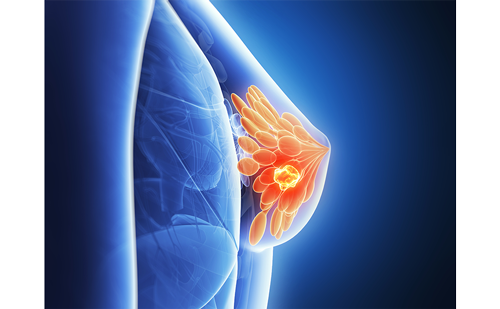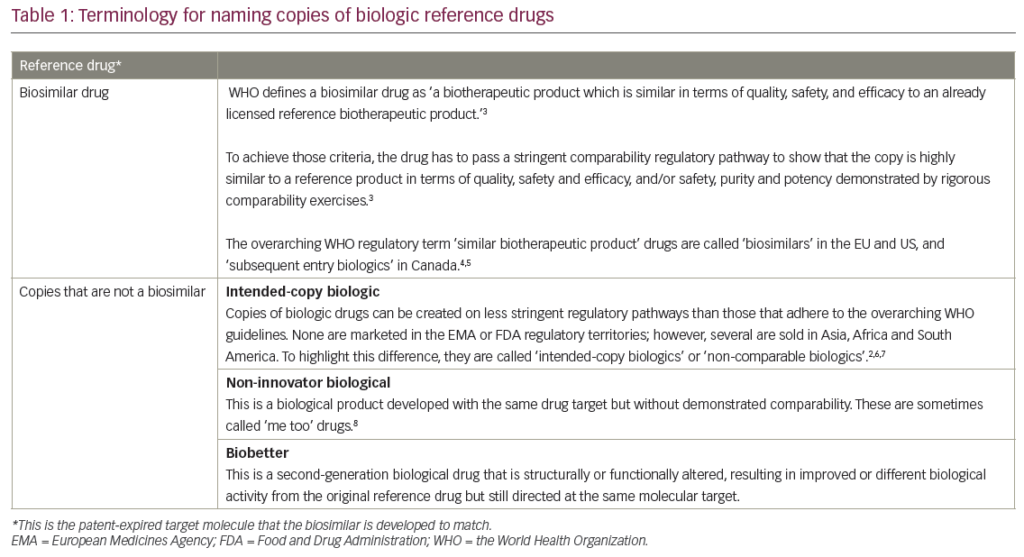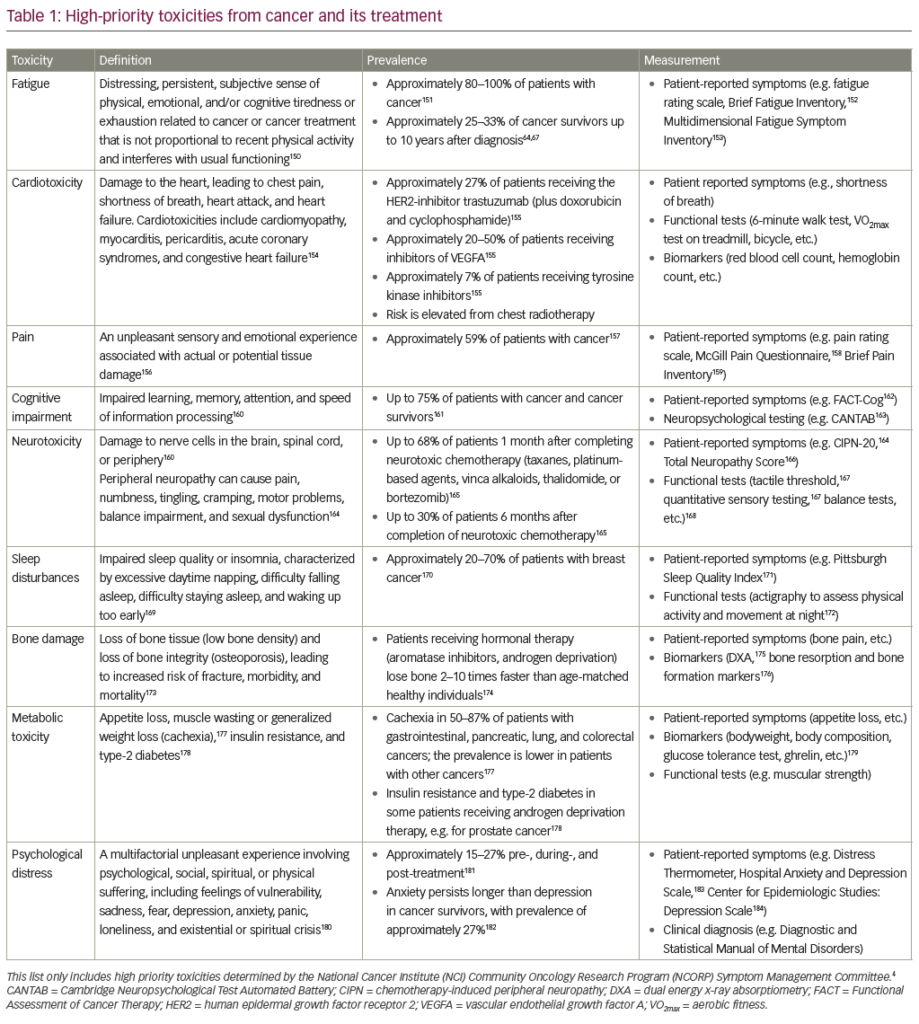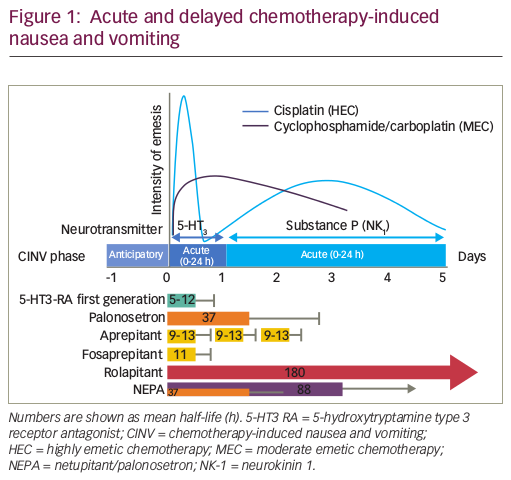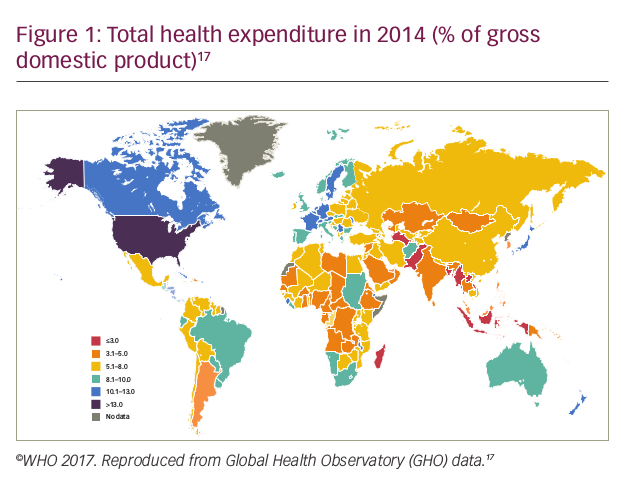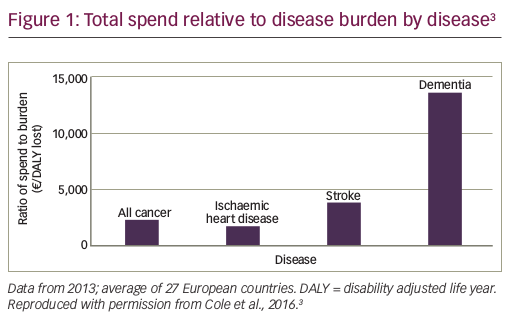In Europe, cancer remains the second cause of mortality after cardiovascular diseases. On an annual basis, an average of 2.7 million new cases are diagnosed and 1.7 million of the population in Europe die of cancer.
Importance of Academic Clinical Research in Oncology in Europe
In Europe, cancer remains the second cause of mortality after cardiovascular diseases. On an annual basis, an average of 2.7 million new cases are diagnosed and 1.7 million of the population in Europe die of cancer.
Importance of Academic Clinical Research in Oncology in Europe
Academic clinical research addresses major public health issues to establish new standards of care but also to facilitate the validation of new agents in existing therapeutic strategies. Nowadays, the scientific and medical advances achieved by academic research have greatly contributed to healthcare improvement and management of patients, particularly in the field of oncology, relying on multidisciplinary approaches. Academic research is not aimed at the registration of new compounds but at establishing state-of-the-art treatments.
The pharmaceutical industry invests large sums of money into screening and developing innovative compounds. Academic research is also there to collaborate on the independent evaluation of these new compounds. In addition, whenever a drug is on the market, numerous questions related to the optimal use of the drug remain to be answered (such as the optimal combinations or how to include the drug in the therapeutic strategy involving surgery and/or radiotherapy).
Today, the major threats for European research are the recognition of the role of academic clinical trials, i.e. ‘non-commercial trials’. While the patients’ integrity and safety are a priority, there is a need to recognise the specificities of these trials not aiming at registration of new compounds.
The European Organisation for Research and Treatment of Cancer Plays a Key Role at European Level in the Field of Clinical Academic Research
Created in 1962, the European Organisation for Research and Treatment of Cancer (EORTC) is a private, not-for-profit international cancer research organisation under the Belgian law.
For the last 40 years, the EORTC has been a pioneer through its significant contribution to the improvement of treatment of patients with cancer, resulting from its international clinical trials conducted without commercial aim.
The EORTC has the mission to develop, conduct, co-ordinate and stimulate laboratory and clinical research in Europe to improve the management of cancer and related problems by increasing survival and patients’ quality of life. The ultimate goal of the EORTC is to improve the standard of cancer treatment in Europe, through the development of new drugs and other innovative approaches, and to test more effective therapeutic strategies using drugs that are already commercially available, or surgery or radiotherapy.
The EORTC aims to facilitate the passage of experimental discoveries into state-of-the-art treatment by keeping to a minimum the time lapse between the discovery of new anti-cancer agents and the implementation of their therapeutic benefit for patients with cancer.
The EORTC carried out clinical studies leading to a dramatic improvement of five-year survival rates for several types of cancer, e.g. testicular cancer, Hodgkin’s lymphoma, acute leukaemia (in children and adults), gastro-intestinal stromal tumours (GIST) and glioblastoma. The EORTC was also a pioneer in the experimentation of the use of highprecision radiation therapy (i.e. three-dimensional conformational radiotherapy techniques). In addition, the EORTC led milestone studies based on organ preservation for breast and larynx cancer using less and non-mutilating surgery. More recently, extensive research on innovative therapeutic strategies referring to targeted and specific agents against some cancer types has also been successful. All these major achievements would not have been possible without a network and a supporting infrastructure dedicated to pan- European academic clinical research.
The EORTC is also involved in translational research, which addresses a key need in cancer treatment as it translates recent breakthroughs in the understanding of the molecular and cellular pathology of cancer into patients’ benefit. Translational research will contribute to the development and introduction of innovative therapies for cancer. An average of 6,500 patients with cancer are treated each year according to the EORTC protocols. All EORTC studies are conducted in compliance with the international standards of the national legal and ethical requirements and respect the international guidelines of good clinical practice (GCP).
The EU Clinical Trials and GCP Directives–The Way Forward for Member States Implementation and Academic Research Activities
The EU Directive 2001/20/EC outlines the requirements for “the approximation of laws, regulations, and administrative provisions of Member States relating to the implementation of GCP in the conduct of clinical trials on medicinal products for human use.”
Although the EU clinical directive 2001/20/EC aims at ensuring a high level of protection for patients participating in clinical trials and promoting clinical research in Europe, it does not take into account all scientific environmental aspects, in particular the specificities of academic research. Since the implementation of the clinical trial directive, national implementations are still on-going and major difficulties in the process of the initiation of international clinical trials have occurred. These may be directly linked to the implementation of the directive but also to emerging collateral issues, such as an increased concern about insurance for clinical trials and requirements from the ethic committees, which are also non-negligible factors.
The major threats for European academic research are the recognition of the role of ‘non-commercial trials’ and the lack of harmonisation resulting from national requirements within the context of the implementation of the European directive. Moreover, there is a need to pragmatically define investigational medicinal products (IMPs) including access to such agents.
This directive raises a number of important issues for academic research that have not been adequately addressed in the original text. In short, problematic issues include sponsorship, drug manufacturing for marketed drugs, fees for ethics committees and competent authorities and the provision of drugs for free, as well as onsite monitoring and an overall increased administrative workload considerably slowing down the process of clinical trials. Many clinical trials research organisations are concerned about the increased costs and added administrative burdens related to the clinical trials directive.
Administrative Aspects Related to the Implementation of the Directive for Non-commercial Trials
The multiplicity of existing texts, which may diverge to some extent, makes the procedures quite cumbersome and complex. The application dossier and the amount of information to be provided have been significantly increased. Some Member States have requested up to 13 copies of the documentation causing a marked increase in administration.
A specific requirement of the Directive 2001/20/EC was the introduction of the Eudract Database, including all clinical trials started in the EU since 1 May 2004, to provide the European regulatory authorities with an overview of all clinical trials conducted in the community. This database supports the clinical trials application form created for all sponsors to submit dossiers for approval from the competent authorities using a harmonised approach. In theory, this seems an excellent approach but the EORTC has experienced difficulties in obtaining clear and concise information from the Member States’ competent authorities on the use of the clinical trials application form.
Sponsorship
Concerns ddo exist for non-commercial clinical trials supported by outside partners, such as cancer leagues, who are often reluctant to become liable on the project. Another not yet fully clarified concern relates to single or multiple European sponsor(s) for pan- European trials. Co-operation between national academic groups may be impossible under the unique European sponsor system.
Costs
The cost for application has risen in the past few years in most EU Member States. Waivers for academic and independent research are usually not obtained, which is another limiting factor.
Ethics Committees
One of the positive aspects of the directive is that it imposes a central process for ethics committees for multinational trials. The submission process to all ethics committees in a given country can be sequential or simultaneous and often generates delays. A vivid example to illustrate the above discussion is Italy where the EORTC has experienced a severe lack of coordination between the central ethics committee and the local ethics committees. Over the past few months, the costs for submission to ethics committees have also dramatically increased. Moreover, ethics committees have increasingly been looking into insurance policies that they are not familiar with resulting in unreasonable demands that delay study activation.
Contracts with Participating Institutions
An emerging issue has been the requirement of establishing a contract with participating institutions. Even for institutions that are well aware of the clinical research implications, the financial aspects may be strong limiting factors. Clinical trials addressing major public heath issues, which have been possible so far with the support of local resources (as they refer to existing strategies and agents), would no longer be possible if the sponsor had to cover all local costs.
Non-commercial Trials and Pharmaceutical Industry Support
Many non-commercial trials are carried out with the partial support of the pharmaceutical industry, whether it be a direct and limited support and/or industry supplying an agent under investigation. These studies are usually referred to as investigatordriven initiatives and are primarily supported by the medical department of the company. However, launching such trials under the directive on clinical trials will need more support than before. The support from the safety and regulatory units of the company will be requirements to access the investigational medicinal product dossier as well as to co-ordinate safety issues for sites and ethics committees.
Future Perspectives
It is important to stress that clinical research is just as important as fundamental research for the progress of medical science. Academic clinical trials are vital to ensure the independence of research. High-quality clinical academic research requires the involvement of numerous partners, including academic networks, national regulatory authorities, ethic committees, national funding organisations, pharmaceutical industries, patients’ advocacy groups, the European Commission and charities. It is essential that all parties involved in clinical trials collaborate on an international scale and work together towards a full integration and harmonisation of procedures.
There is a new directive that has to be implemented by January 2006. (Commission Directive 2005/28/EC of 8 April 2005 lays down principles and detailed guidelines for GCP with regards to investigational medicinal products for human use and requirements for authorisation of the manufacturing or importation of such products.) Within this new directive, academic, non-commercial clinical trials have been recognised and it remains to be seen whether the implementation of this new directive will improve the current legal framework.
The EORTC will continue its mission and efforts to contribute to an increased survival and quality of life of patients with cancer through its longlasting tradition of academic clinical trials, conducted on a pan-European level, for the benefit of all patients. ■

